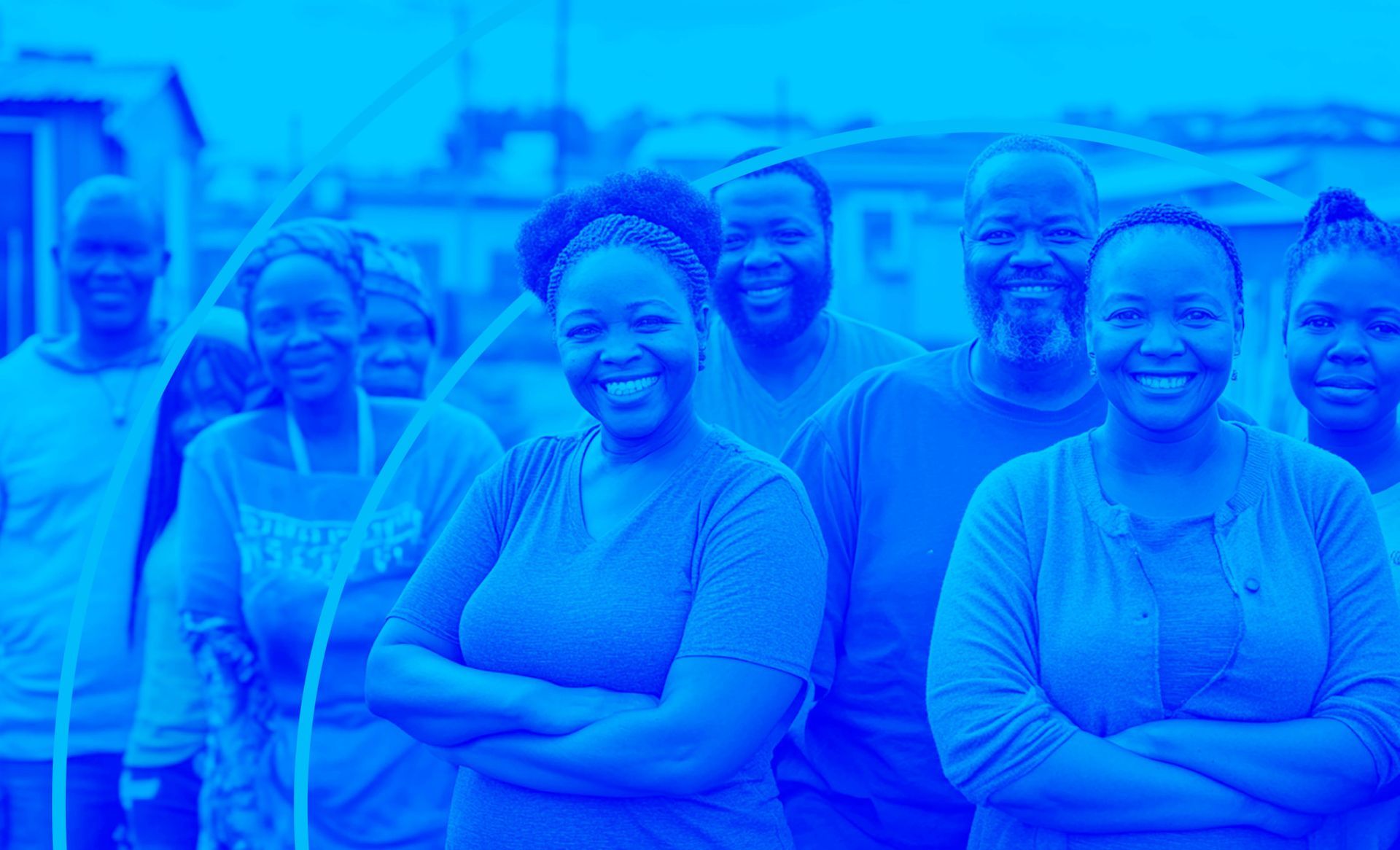Dear StokFella Community,
As Africans, we understand that wealth is measured not only by material possessions but also by the strength of our bonds with one another. Our cultural heritage is deeply woven into how our communities navigate life, work, and finances. At the heart of this lies Ubuntu, a philosophy that embodies shared humanity, interconnectedness, and community. Often summarised in the phrase, "I am because we are," Ubuntu extends beyond social relationships. It's a way of life that shapes how our communities make financial decisions and create wealth.
In my walk of life as StokFella CEO, I have witnessed Ubuntu in action every day through collective capital behaviour that fosters trust, accountability, and community wealth creation. Let's explore how Ubuntu influences our financial behaviour, why it makes African communities economically resilient, and the lessons it offers the world.
Putting the Community First
In many parts of the world, financial decisions are driven by individualism—the idea that success is an individual pursuit. Ubuntu, however, emphasises collective success. It prioritises the well-being of the community over individual gain.
This is why stokvels, chamas, susus, and informal savings groups remain integral to African communities. These systems are driven by a sense of shared responsibility. In a financial context, Ubuntu emphasises that lasting wealth is built upon the strength of the group. From a behavioural economics perspective, Ubuntu challenges traditional assumptions that humans act solely out of self-interest. Instead, it highlights the role of collective trust in shaping financial behaviour – as demonstrated in Matteo M’s¹ study which explores the strong connection between Ubuntu and social capital.

Trust as Social Capital
One of the defining features of Ubuntu-inspired financial systems is the trust that underpins them. In community capital, this trust is reinforced through formal agreements like constitutions or a memorandum of rules, which outlines the group's rules and member responsibilities. However, beyond these written agreements, social saving groups thrive on an additional layer of trust that is deeply personal and communal. This dynamic aligns with the Dunbar Rule, which suggests that to have strong meaningful and close relationships, trust is strongest within smaller groups of 15 people.
With bigger groups, this trust is cultivated over time through consistent participation, shared experiences, and the understanding that each member's success contributes to the group's overall strength. The Dunbar Rule also suggests that groups with a size of up to 150 members can still maintain effective social bonds, enabling social saving groups to function with minimal external enforcement while relying on mutual accountability and the shared goal of collective upliftment.
Resilience Through Unity
When economic hardship strikes, the spirit of Ubuntu shines through. If one member struggles, the others rally to provide support. This collective approach not only helps individuals but also strengthens the entire community.
This resilience is particularly crucial in today's uncertain world. From job losses to rising living costs, we have all felt the strain. Yet, the principle of Ubuntu shows us that by working together, we can overcome challenges that might seem insurmountable alone.
This is evidence in a social savings group that takes up income protection cover on their members behalf. These groups understand the lifeline of their existence is their member’s contribution and where most members depend on a secure salary to do this, taking up income protector insurance is critical survival of its goal.
Ubuntu drives long-term wealth creation. In many communities, stokvels are used to invest in property, education, and businesses—laying the foundation for opportunities that benefit the entire community and future generations.

What the World Can Learn from Ubuntu
As we face global challenges like inequality, distrust in financial systems, and social fragmentation, the world could benefit from embracing Ubuntu. By placing relationships, trust, and the collective good at its core, African communities offer a blueprint for building economies that thrive on collaboration.
For policymakers, financial institutions, and anyone seeking to create lasting change, Ubuntu offers a roadmap for rethinking wealth. It challenges us to move beyond models of individual success and focus on building systems that prioritise collaboration, equity, and trust.
Let's keep the spirit of Ubuntu alive, not just in our homes and communities, but in how we think about money, wealth, and the future we want to build.
Warm regards,
Tshepo Moloi
CEO, StokFella
¹ Matteo Migheli, "Ubuntu and Social Capital: a strong relationship and a possible instrument of socio-economic development" Cambridge Journal of Economics, Volume 41, Issue 4, July 2017, Pages 1213–1235, https://doi.org/10.1093/cje/bew070











